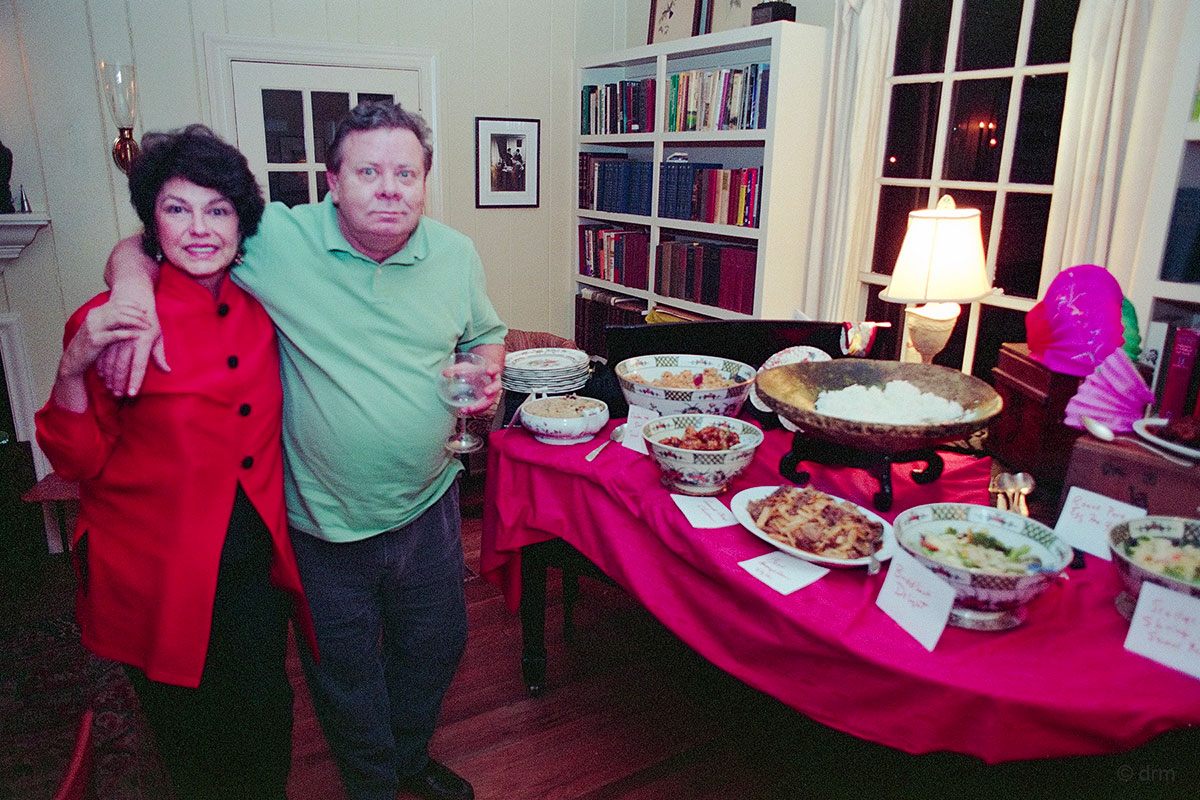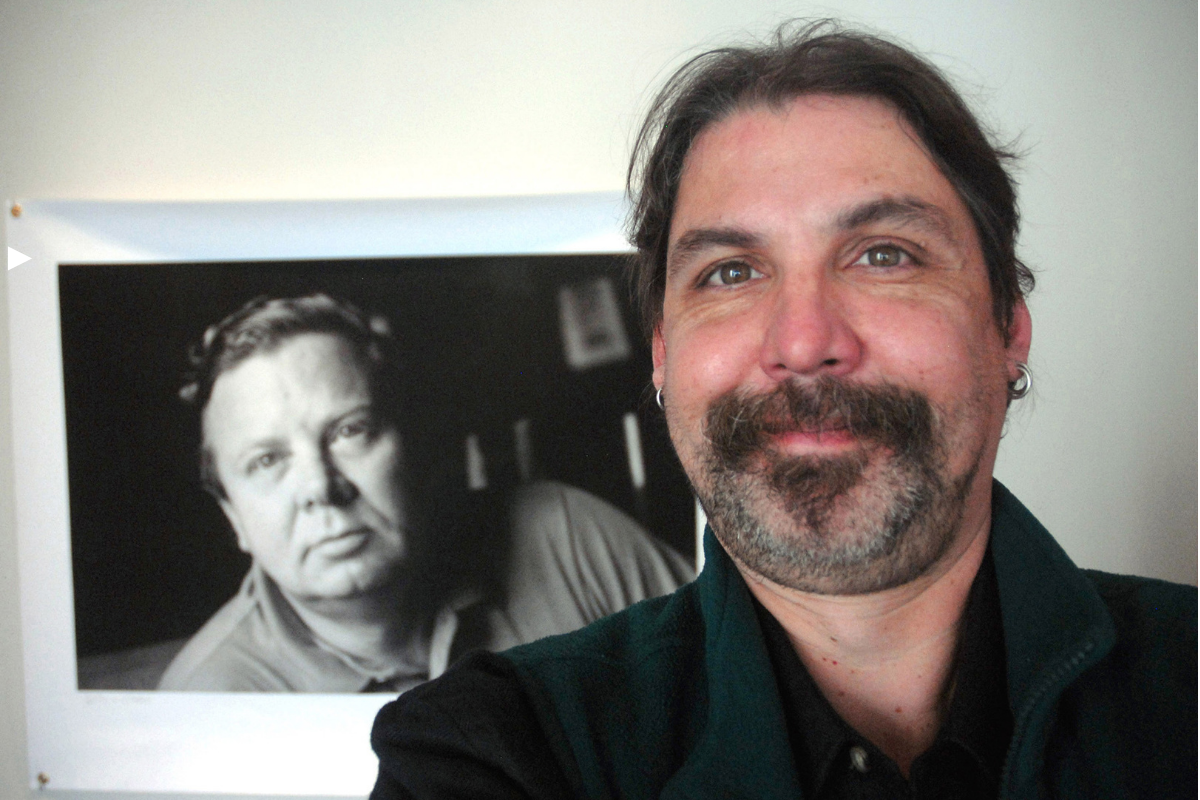Will you still need me, will you still feed me
When I’m sixty-four
— The Beatles
It’s my 64th birthday. Aside from feeling the creeping inevitability of age, and anticipating an onslaught of Beatle jokes from my friends, there is a darker, more sinister meaning to turning 64. You see, my father was 64 when he died; 64 years and 247 days, to be exact. Making this conjunction is something that has haunted me for a number of years. And now that it is finally here, I am forced to examine and confront not only my own mortality, but to revisit my father Willie Morris’ passing almost 25 years ago.
Last year I published “Love, Daddy: Letters From My Father.” The book represented more than 20 years’ worth of letters he had written to me, accompanied by portraits I made of him. In many ways it was my attempt at coming to terms with the complexities of our relationship so many years after his death. It has brought me great peace. Just last month I was on a panel at a conference in Mississippi discussing his legacy with old friends. We all told stories and laughed and celebrated his life.
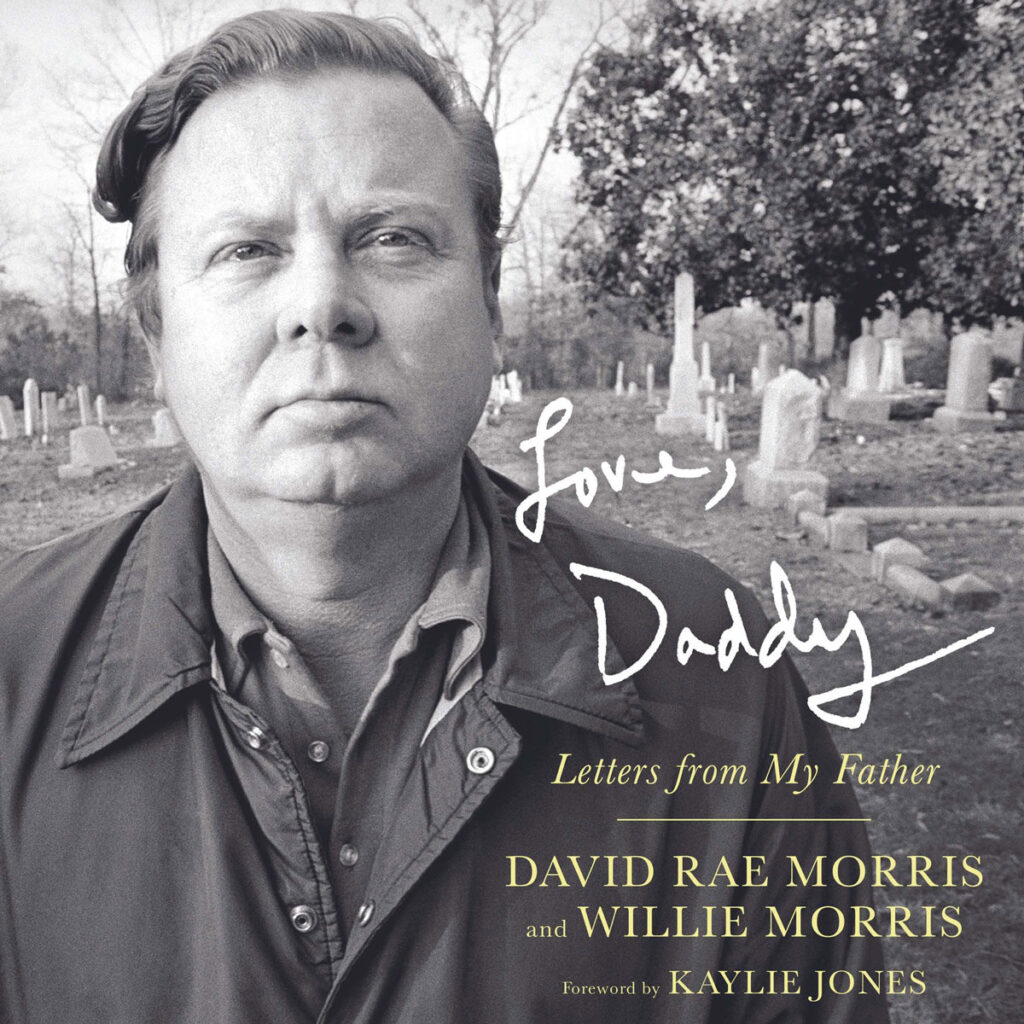
My father was on a roll when he left us. He had just finished the first draft of his contribution to our book, “My Mississippi,” and he had gotten to see an early screening of Jay Russell’s film adaptation of his book “My Dog Skip”—a sweet memoir about his childhood companion. He was beginning work on a narrative about his father and baseball, a book he said was going to write itself.
He was enjoying life to its fullest. He was still very much the mischievous boy. On his last birthday, his friends agreed that he was 64 going on 9.
I had spoken to him twice the night before he died. I had just returned from 10 days on the road photographing in Mississippi and was exhausted. I was watching the film version of “The Thin Red Line,” the second novel of the great trilogy of World War II by his best friend James Jones. Since I had just returned from Meridian, he told me I needed to go back and photograph the Dentzel Carousel for our book. However, like much of the advice he tried to give me about the project, I ignored him.
And the next day he was just gone.
‘He Didn’t Make It’
Losing a parent, while inevitable, is never easy. And I still remember the pain and confusion surrounding his death, as well as the celebrations of love that followed for months to come. But grief is a funny thing. It never truly goes away. Just when you think you have turned a corner or moved forward it will come back around and knock you down when you least expect it.
For years I tried to avoid driving past St. Dominic’s Hospital in Jackson, where my father died. I used secondary streets, but the building is so tall that it would peek over the tree line. Other times, I would be driving up I-55 and forget about it only for the large and imposing edifice to confront me. That forcibly brought me back to that August afternoon in 1999, when my best friend Bob greeted me at the main entrance.
“He didn’t make it,” Bob said.
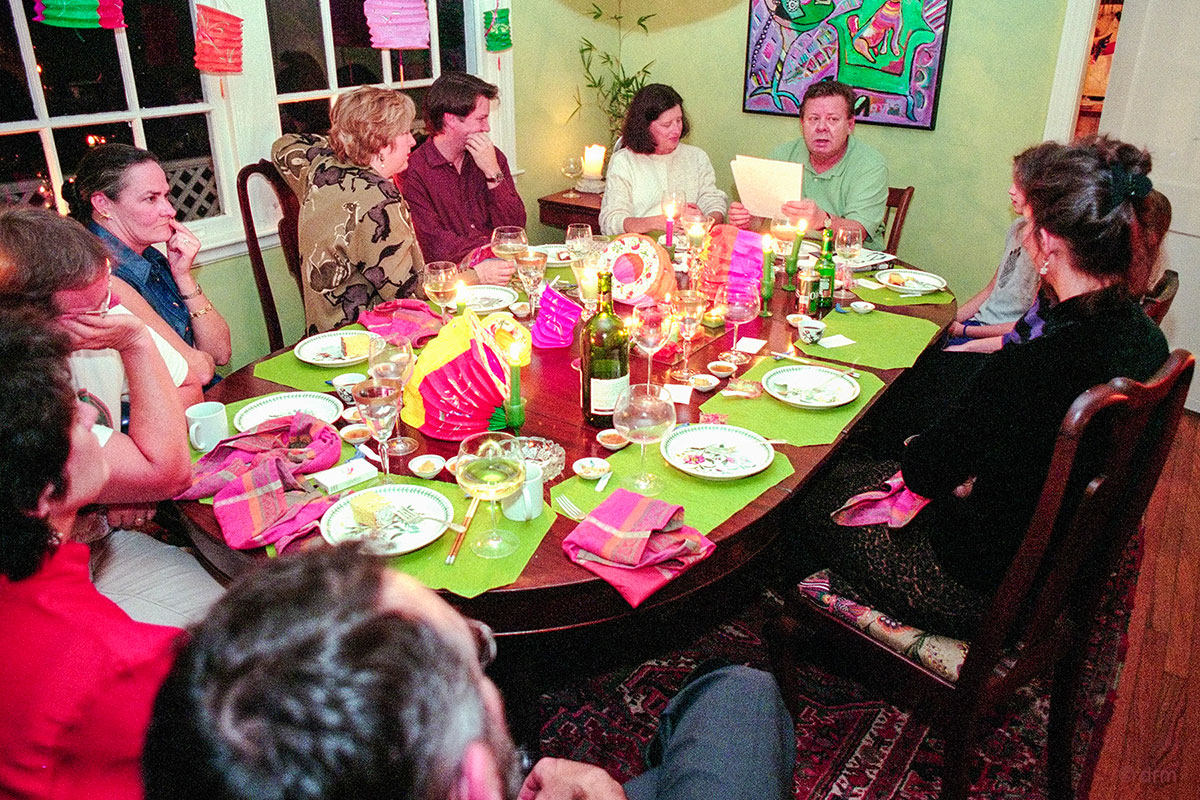
The musician Neil Young suggests that it is better to burn out than it is to rust. My father certainly left us too soon, and his sometimes-excessive lifestyle may or may not have contributed to his demise. In contrast to my father’s departure at a relatively young age, my mother will turn 88 in two weeks. Her health has been declining for years. She can’t walk or stand, and while she still knows who I am, her mind often wanders, and she will tell me with great delight about a wonderful lunch she had just last week with an old friend, long dead.
I have been running all her affairs for the last four years. As an only child, it is a burden I have accepted without question, even though in many ways my relationship with my mother was more fraught than that with my father. And I find that almost all of my friends and contemporaries are experiencing the same challenges with one or both of their aging parents.
The ‘Spare Parts’ Stage of Life
I have always tried to stay fit. I played soccer in high school and took aerobics classes and swam laps in my 20s and 30s. I started running in my 40s and ran 5k and 10k races regularly, as well as the occasional half marathon. I wasn’t particularly fast, but sometimes I would place in the top three of my age division and get a nice little trophy. I ran the New York City Marathon on my 50th birthday, a glorious way to celebrate. I didn’t win (although Meb Keflezighi was the first American to win since 1982), but I didn’t finish last.
When I turned 58, I made what I later decided was a flawed decision to preserve some semblance of my youth. I had been so offended by the number 58—meaningless in age but closer to 60 than 57—that I took it upon myself to run every day for a year. I ran 860 miles in 366 days. At the end of the year my body said: “You’re done!” Not because I was injured, but rather I was just tired of running.
I have never been able to run consistently again. So in essence, while I proved that I could do it, I defeated the purpose in the long run.

Now, at 64, I struggle with the basic questions many of my contemporaries do: when to apply for Social Security? Do I submit the paperwork now, or do I wait until I am 70 when the benefits would be much greater? Will I make it to 70? Will Medicare cover my cataract surgery? Should I join the AARP? When do I get to take discounts at hotels?
I wake up every morning with my share of aches and pains but everything basically still works. I’ve reached what I like to call the “spare parts” stage of life. All of my friends are getting knee and hip replacements, sporting bifocals, having bypass surgery, mastectomies and dealing with enlarged prostates. One old friend just had a kidney transplant. And, of course, we are all putting on a few more pounds than we would like to admit.
But some friends are also dying. They have sudden cardiac events, cancer, or they simply leave for reasons unknown. In some cases they are younger than I am. I finally sought advice on estate planning and just signed my last will and testament. I try to stay fit and go to the gym everyday. I practice yoga and take cardio classes with instructors I have come to love and respect.
Still, I know I am just delaying the inevitable.
‘yes david’
As a parent, I find myself now in the same position my father was when I was in my early 20s. I have watched with great pride as my daughter went off in college and is becoming a confident and talented young woman. But I also remember what it was like when my father would overstep his boundaries with me, and I find it challenging, yet necessary, to honor and respect hers. In the end, if I give her a little too much advice, or get on her nerves she can easily put me in my place by simply texting: “yes david.”
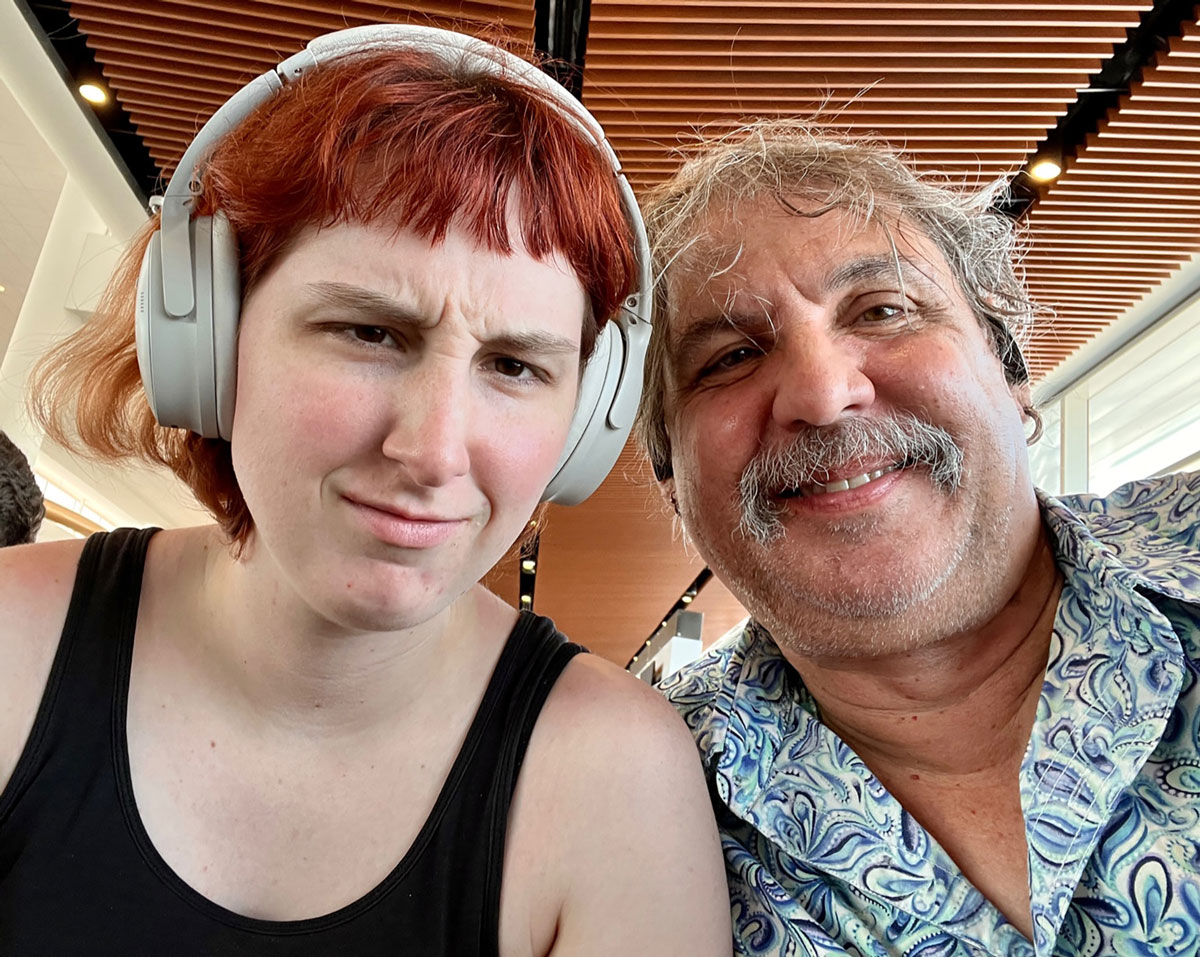
I have 247 more days to ponder this conjunction. It will end, coincidentally on July 4, 2024, and I will be exactly the same age my father was when he died. After that I will be entering into unknown territory. While I appear to be in fairly good health, there are no guarantees. I don’t know how much time I have, but now I am also looking backwards and pondering the important decisions I have made in my life.
While I have no regrets, I wonder what my legacy will be. Will my life have any meaning?
In “The Fellowship of the Ring,” Frodo Baggins laments that the Ring of Power has come to him and that he is solely responsible for its destruction. “So do all who live to see such times,” replies the wizard Gandalf in an effort to console him: “All we have to decide is what to do with the time that is given to us.“
Live everyday as if it’s your last, the old adage goes, for surely one day you’ll be right. As I enter this year of uncertainty, I will ponder Gandalf’s wisdom and then move forward, a day at a time, trying to make the best use of the time that is given to me.
This MFP Voices essay does not necessarily represent the views of the Mississippi Journalism and Education Group, the Mississippi Free Press, its staff or board members. To submit an opinion for the MFP Voices section, send up to 1,200 words and sources fact-checking the included information to azia@mississippifreepress.org. We welcome a wide variety of viewpoints.

